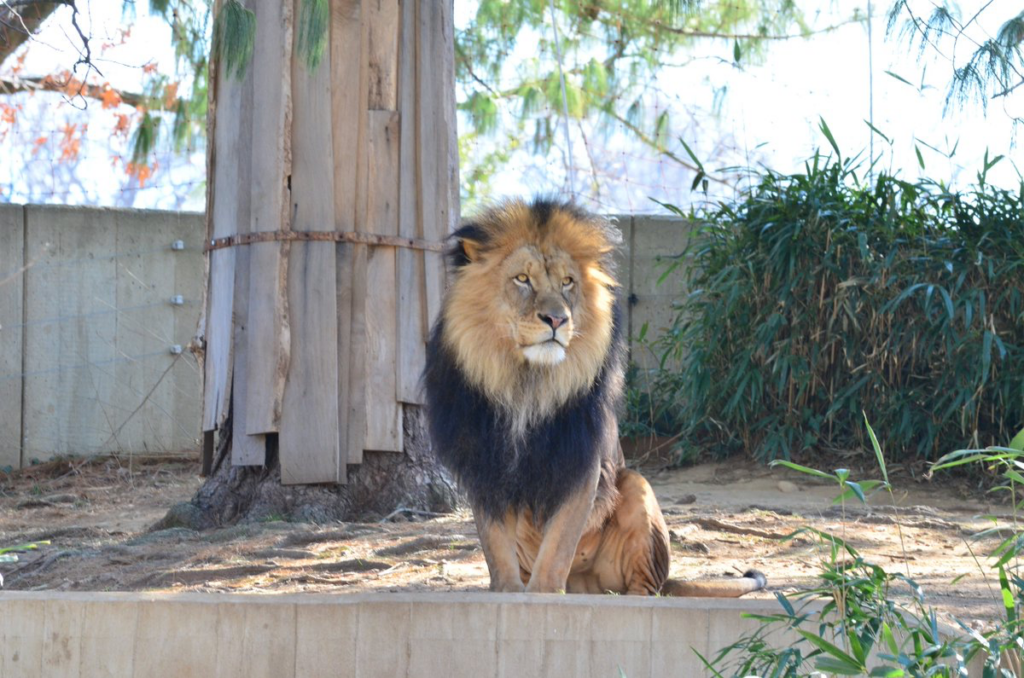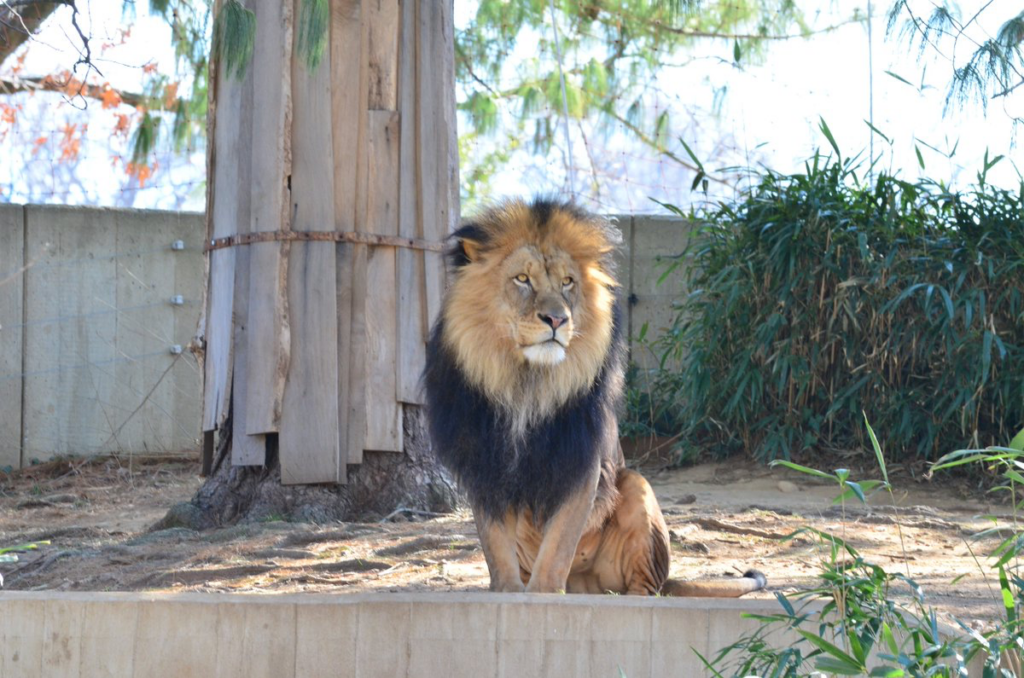Nine animals at the Smithsonian’s National Zoo have tested positive for COVID-19 after displaying symptoms of the virus.
Doctors conducted COVID-19 tests on the animals after National Zoo staff members noticed that six African lions, two Amur tigers and a Sumatran tiger were displaying decreased appetites, coughing and lethargy. All nine tests came back positive.
While a second test is necessary to confirm that the initial results were not false positives, the animals are still being cared for and treated for COVID-19 symptoms, according to a Sept. 17 press statement from the National Zoo.
“Final results are expected in the next few days,” the statement reads. “All lions and tigers are being treated with anti-inflammatories and anti-nausea medication to address discomfort and decreased appetite.”
While uncommon, the Centers for Disease Control and Prevention (CDC) reports that animals can get COVID-19 if they come in close contact with a human who has the virus. There is no evidence, however, that animals play a significant role in the spread of COVID-19 to humans, according to the CDC.
While the National Zoo has not identified the staff member who transmitted the virus to the animals, the carrier was likely asymptomatic, as National Zoo staff members are required to take COVID-19 safety precautions while around guests and animals, according to Annalisa Meyer, deputy director of communications at the National Zoo.
“Our team has conducted a thorough investigation of all the staff that were in close proximity with the lions and the tigers, and at the moment there is no evidence to pinpoint the exact source,” Meyer said in a phone interview with The Hoya. “So it’s possible that it got transmitted by an asymptomatic carrier, and it’s been standard practice for all of our animal care staff and all of our essential staff to mask indoors and in public and nonpublic areas.”

The National Zoo is caring for and treating nine animals, including lions and tigers, who have COVID-19 symptoms, according to a Sept. 17 press statement.
The nine animals were the first to test positive for COVID-19 at the National Zoo. No other animals have displayed symptoms for the virus, and the outbreak is contained to the Great Cats Exhibit, which includes the lions and tigers, according to Meyer.
“Our vets and our keeper staff have been watching and looking for symptoms, but no other animals at the zoo have had any signs of infection,” Meyer said. “I’m not aware of any other tests that have happened, but these are the first positive tests, so I would say that you can safely say no other animals at the zoo have shown any signs of infection.”
Since COVID-19 first began spreading in the United States in 2020, several zoos have reported outbreaks of the virus among animals. In January, the San Diego Zoo reported eight gorillas had tested positive for the virus. Eighteen gorillas from Zoo Atlanta separately tested positive for the virus Sept. 14.
Veterinarians in both outbreaks were able to treat some of the infected gorillas with an experimental COVID-19 vaccine for animals developed by Zoetis, an animal health company. The vaccine has only received experimental approval on a case-by-case basis from the U.S. Department of Agriculture (USDA). It is not clear when the USDA will grant official approval for full-scale use.
In an effort to work closely with zoos on behalf of the animals, Zoetis announced July 2 that it was donating over 11,000 doses of its vaccine to nearly 70 zoos in 27 states following the successful vaccination of great apes at the San Diego Zoo in January of this year, according to Christina Lood, senior director of sustainability and innovation communications at Zoetis.
“Zoetis has a long history of supporting zoo veterinarians, and we are proud to continue to help them provide a high standard of care for the animals living in their zoo communities,” Lood wrote in an email to The Hoya.
Despite this, the National Zoo does not yet have access to the vaccine, but the zoo staff plans to vaccinate eligible animals as soon as it becomes available, according to Meyer.
“It’s based on availability, so we are ready and are going to jump in and move ahead,” Meyer said. “We’re hoping it’ll be available probably in the coming months.”
While the lions and tigers continue to be treated for their symptoms, the animals are in good hands with the National Zoo staff, according to Meyer.
“Our team is incredible at what they do,” Meyer said. “They are experts in animal care and experts in veterinary medicine, and they are doing the absolute best to take care of our great cats.”






















Victoria Veh • Sep 28, 2021 at 5:32 pm
That anyone working in proximity to these precious animals would decline to protect them by simply getting vaccinated is an appalling display of selfishness.
Full vaccination must be made a condition of continued employment at the National Zoo if it hasn’t already been established as such. No exceptions.
Sheela • Sep 28, 2021 at 10:16 am
This is a fantastic article!